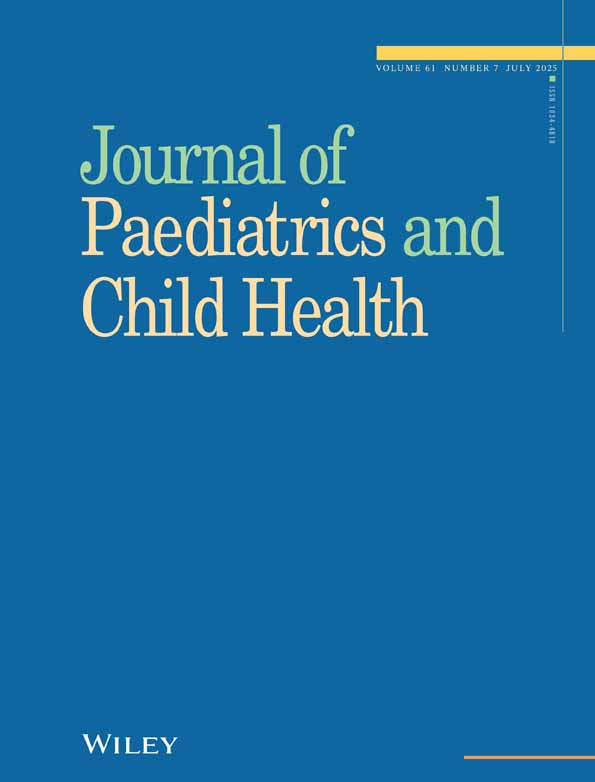Essential fatty acid deficiency in parenterally fed preterm infants
E. J. Lee, BSc(Hons), Postgraduate student. K. Simmer, MB, BS, PhD, MRCP, FRACP, Neonatologist. R. A. Gibson, BSc, PhD, Chief Hospital Scientist.
Abstract
To determine the incidence of essential fatty acid (EFA) deficiency during short term fat-free parenteral nutrition, the authors investigated prospectively the EFA status of nine low birthweight (1145 ± 343 g) preterm (28.2 ± 1.9 weeks) infants, in whom delivery of dietary fat was delayed postnatally for 2–9 days. Serial determinations of plasma fatty acids showed that during fat-free alimentation, the major EFA, linoleic acid (LA), decreased rapidly (-0.75% total fatty acids per day), accompanied by a rise in endogenously produced non-essential fatty acid, eicosatrienoic acid (Mead acid). Essential fatty acid deficiency was confirmed biochemically by an elevation in the triene-tetraene ratio in six of the infants, only one of whom developed clinical symptoms. Abnormal fatty acid profiles were corrected within a few days of fat delivery by either intravenous or enteral routes.
Essential fatty acids and their metabolites are involved in a wide range of physiological functions vital to postnatal growth and development. Depletion of these nutrients can be corrected by providing a minimum of 0.25 g LA/kg per day (equivalent to 0.50 g/kg per day of 20% Intralipid or 30–50 mL/kg per day of breast milk).




